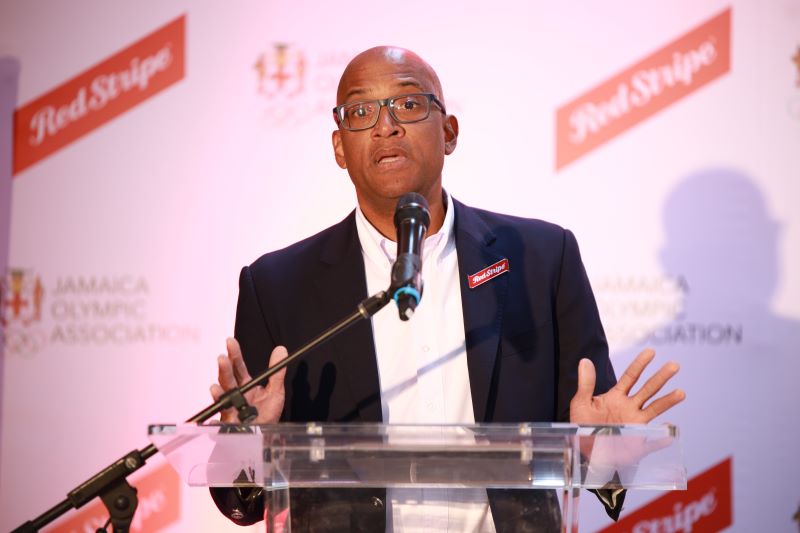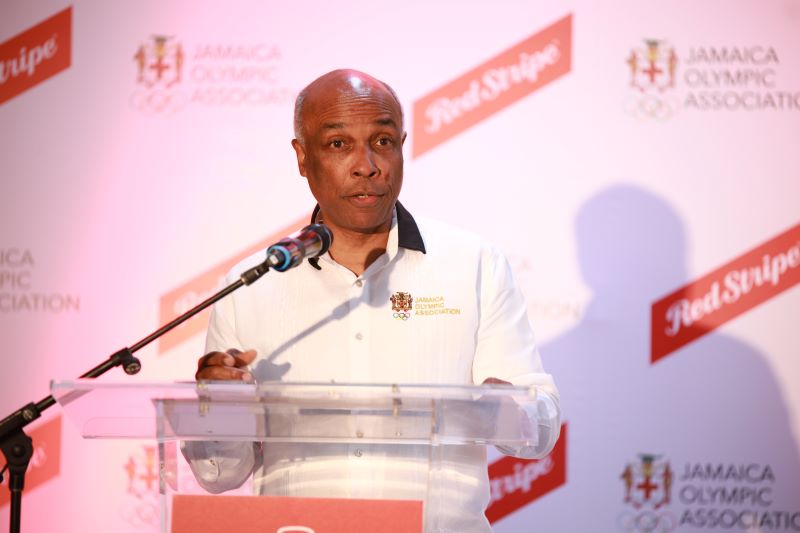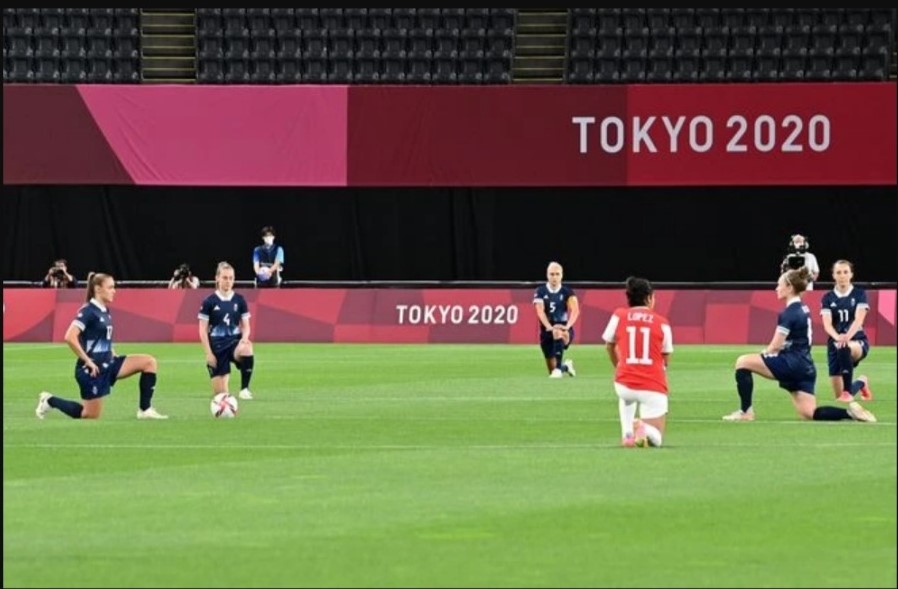On edge: Nayoka Clunis's Olympic dream in limbo after JAAA blunder
Despite achieving a National Record of 71.83 metres in May, which ranked in the top 32 in the world this year, Clunis’s dream of competing on the world’s biggest stage is now hanging in the balance due to a blunder from the Jamaica Athletics Administrative Association (JAAA).
The 28-year-old, who placed second and the JAAA National Senior Championships, initially believed she was on her way to the Olympics had her excitement turned to dismay when she learned that her name was omitted from the JAAA’s official list submitted to World Athletics.
“Following the Jamaican Olympic Trials, I was elated to receive notification of my official selection to Team Jamaica. Unfortunately, I have since found myself in a difficult position. Due to an omission made by the Jamaican Athletics Administration Association, my name was not officially submitted to World Athletics. As such, I do not have a position in the Olympic Games,” Clunis shared in a post on X, formerly Twitter.
Still, as the clock ticks down to the July 26 to August 11 global multi-sport showpiece, Clunis remains hopeful that the JAAA will rectify the situation, allowing her to take her rightful place in Paris.
“I have been assured that all possible remedies are being explored and that there is hope that this issue may soon be resolved. I thank those who are fighting on my behalf for my rightful inclusion. I am a proud Jamaican. To wear our nation's colours at the Olympic Games will be the pinnacle of my athletic career,” Clunis declared.
While she awaits a resolution, Clunis’s plight underscores the importance of strong administrative leadership, as that oversight by the JAAA could very well rob an athlete that has shown remarkable dedication and prowess in her sport, the opportunity to achieve her dream on the global stage.
Last year, she became the first Jamaican, male or female, to compete in the Hammer Throw competition at the World Athletics Championships in Budapest, Hungary.
“I pray for a swift and positive resolution, and until such time as one comes, will not have any further comment,” Clunis’s post ended.



